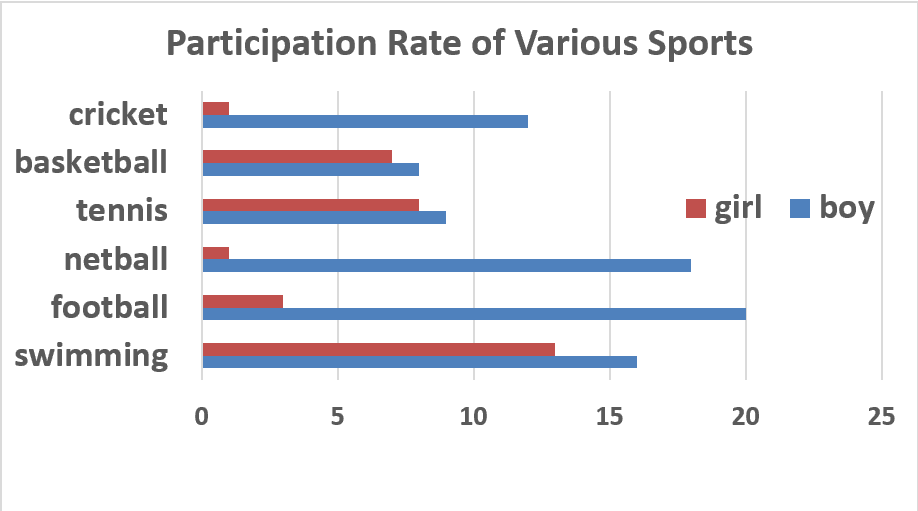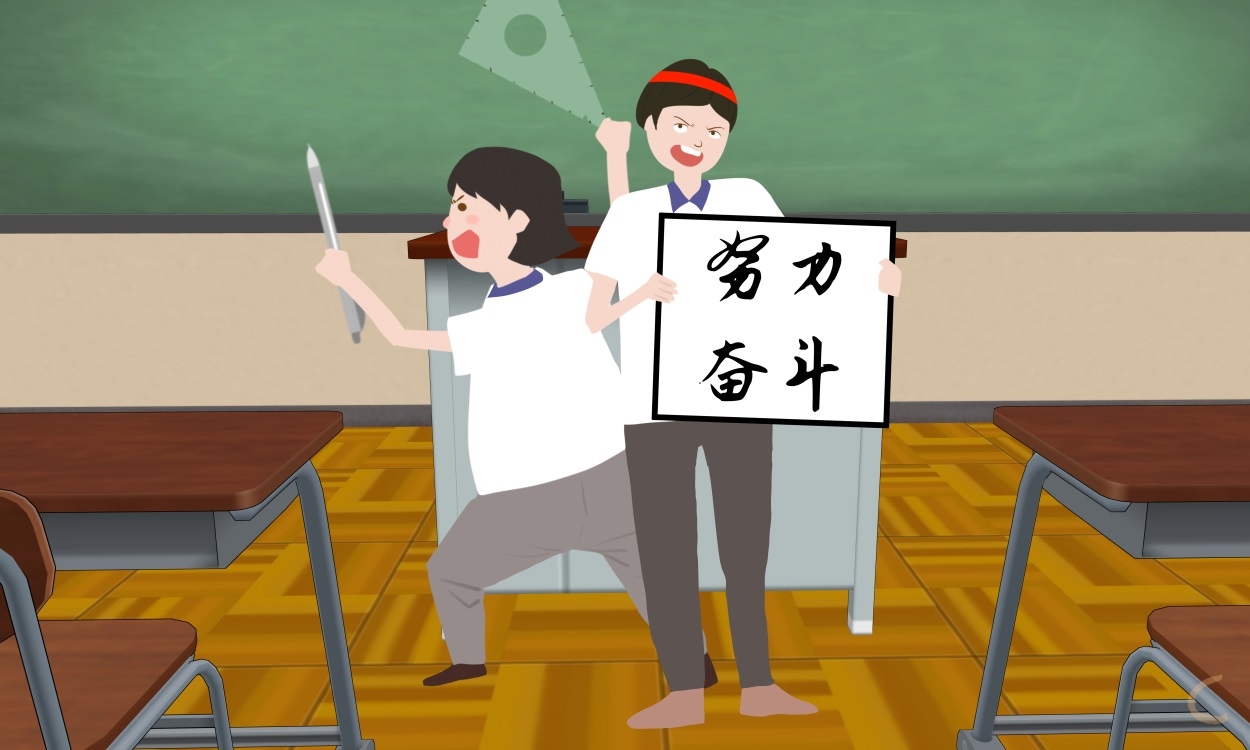如何用30天来复习GRE写作呢,今天小编给大家带来GRE写作:30天复习经验,希望能够帮助到大家,下面小编就和大家分享,来欣赏一下吧。
GRE写作:30天复习经验
(1)先看北美范文,对issue有一个大概的感觉,开始拟一个argu的粗略模版。
同时背几篇issue范文,随便哪几篇都可以,学习范文语言,找感觉。这个过程大概需要5天。我是在3月底做完这些事情的。而且对于和我一样打字不行的朋友,建议用范文联系打字,既熟悉了范文又提高了打字速度,一举两得。
(2)分类列issue提纲。
我四月前之所以很抓狂,就是因为面对issue题目不知道该写什么。开窍后,我用了4天时间把高频前100的提纲全部列了一遍。这里我想说,对于时间不充裕的朋友,抓住高频比走马观花的看完所有issue题目更有效。
这次6G作文,我认识的所有G友里面有80%的人是考到了高频前50的题目,100%是考到了前100的题目。我当时就果断的放弃了100之后的issue题目,看都没看完。事实证明还是可行的。另外小补充一点:这里高频是指全国总高频。
列提纲的过程中,先自己想想,然后可以参考G友们的思路,而且最好分类列提纲(按网上通用的那11类分类法)。我当时参考的就是两位前辈的提纲。请大家耐心翻翻以前的帖子,最好找两个不同的人写的提纲,这样可以启发思维。
(3)列argu提纲。
因为argu只能抽一道题目,所以高频概率比较小,我把所有的argu题目都过了三遍:第一遍,熟悉题目,认识生词。第二遍,把每一道题都列提纲,就是把逻辑错误简要用中文写出来。第三遍,背诵提纲,并且想具体的他因。
比如,两个城市的错误类比,就想好a城和b城到底有什么差异:气候,劳动力资源,交通。这样做的好处是,在考试时节省大量时间,我后来看到题目5秒钟就能想起有哪几点逻辑错误,再过一会又能想起具体的理由。这样能腾出时间把语言写得更从容更好一些。
(4)模考。
我的所有习作几乎都是模考中写出来的,也就是限时练习。我感觉用模考软件限时练比不限时写作更容易出状态,从四月中旬开始到考试前,我每天模考一次,issue一篇,argu一篇,题目是按照高频顺序从高到低选择的。
模考一共进行了十几天,在这段时间里,我还会不断熟悉argu的提纲,完善模版,并且把issue高频前50的提纲更加完善,比如找更合适、更具体的例子。我觉得平时尽量把题材、例子的准备充分,因为考场上毕竟时间紧迫,最多只能发挥出正常水平,一般难以临场发挥。
GRE写作满分范文赏析
"Wisdom is rightfully attributed not to people who know what to look for in life but to people who know what to overlook."
I believe this statement is how you look at a glass of water. Either the glass is half full or it is half empty. The opptimist would look for things in life, whereas the pessimist would try to aviod things in life. This summary will explain how looking for things in life better than overlooking a persons involvement in new opportunities and to learn from these new experiences.
I am strong believer in hands on experiences. If I have a open mind, try new things, and look for new answers to my questions about life, I will in the end gain wisdom because I have experienced many new situations. I plan on becoming a speech language pathologist in the future. In this field I will be dealing with clients who may have a disorder, such as autism or a cognitive delay. I must be aware of the red flags that identify these disorders. I must look for the obvious symptoms before I can overlook anything. If I would in my mind tell my self to overlook things. The result would be detrimental to my career and the individual I am treating.
Who can predict the future? So how can someone purposely overlook an experience in which they may recieve a life lesson or gain knowledge. In conclusion, a person should look at the glass half full. No one can predict the future so how can one know what to overlook. Look for things in life, you may even stumble across that wisdom you were looking for in the first place.
Comments:
This response displays some competence analytic writing since it presents a position on the issue and has a clear pattern of organization.
The opening paragraph introduces the topic and states a position that neither agrees or disagrees completely with the stated claim. The second paragraph presents an example; and the last paragraph provides a clear conclusion. The one example is minimally developed, however, and does not clearly explain "how looking for things in life [is] better than overlooking a person[抅s involvement in new opportunities."
There are numerous small errors and problems in sentence structure (e.g., "If I would in my mind tell my self to overlook things."), but they do not seriously interfere with meaning. Thus, this response meets the criteria for a score of 3.
GRE写作满分范文赏析
"Wisdom is rightfully attributed not to people who know what to look for in life but to people who know what to overlook."
I disagree with the opinion expressed above, in that I feel that the statement is omitting a very big part of what learning is all about. I firmly believe that wisdom is gained by careful observation of all that is around us in our lives. We gain a great deal by watching those around us, or by observing our surroundings, as well as watching the assembly of an object. All my life, I have learned a great deal by being very observant of people and their reactions to certain situations, or to procedures that are to be followed. Being observant has helped tremendously in travelling as well, since it has helped me recall certain landmarks to know if I am going in the correct direction. It is true that if we pay too much attention to insignificant detail, we clutter our minds with too much that is unnecesssary. Instead, we should have more time to devote our attention to that which is meaningful. In the field of science, we teach our students to be observant, and to look for specific reactions. If they don't learn to watch closely and record their data precisely, their results will be less than adequate, and their data will most likely not be very accurate or dependable. The statement above has merit, but it does not represent widsom in its entirety. It doesn't do justice to the great amount of learning that thas taken place through the ages through simple observation. Our forefathers survived by learning and knowing what to look for. That information was then passed on, so each successive generation didn't have to gather the same basic knowledge, but could build on what had already been learned. As a society, we need to lean on those who come before us, to learn valuable lessons from their experience, and to decipher that which we can improve on and that which is steadfast through the ages.
Comments:
This response presents a competent analysis of the issue, taking a position contrary to that expressed in the prompt, at least initially.
After stating the importance of "careful observation of all that is around us," the response presents reasons and examples to support that position. The examples are clear and relevant, although the analysis is fairly brief. Also, the organization and focus of the response weakens a little, especially as the writer interrupts the group of examples with a statement that "if we pay too much attention to insignificant detail, we will clutter our minds with too much that is unnecessary." This statement modifies -- and weakens -- the initial position, which the writer believed "firmly."
The writer抯 ideas are conveyed with reasonable clarity, but -- as is evident in the closing sentence -- this response lacks the skillful use of sentence structure and vocabulary that communicate meaning in responses that typically earn higher scores.
GRE写作:30天复习经验相关文章:
★ GRE写作:高分技巧
★ GRE写作:怎样准备提纲
★ GRE写作:写作论据的技巧
★ GRE写作:高分冲刺
★ GRE写作:列提纲的注意事项
GRE写作:30天复习经验
上一篇:GRE写作:作文400字够吗
下一篇:返回列表





